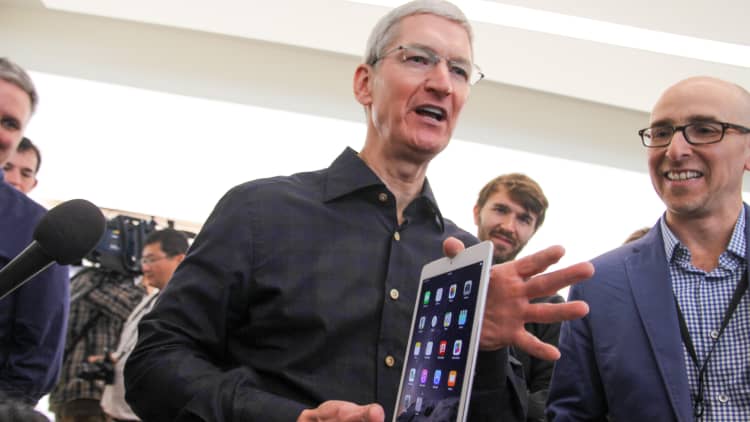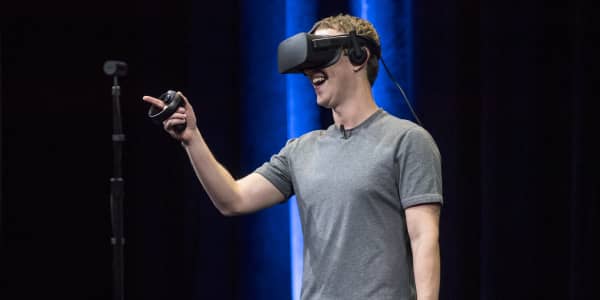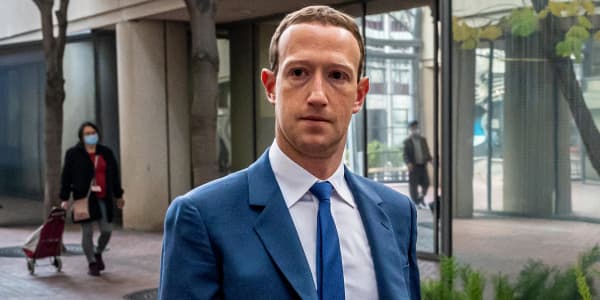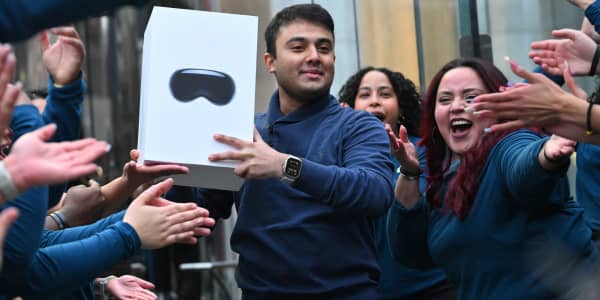Apple's veteran product marketing executive Greg "Joz" Joswiak offered the first public explanation for the software glitch that briefly disconnected thousands of iPhones from mobile networks.
Joswiak acknowledged the mistake in the initial update of Apple's iOS 8 mobile operating system—but said the problem resided in how the software was "wrapped," not with the update itself.
"It had to do with the way the software was being sent over servers," Joswiak told Re/code on Tuesday at the Code/Mobileconference in Half Moon Bay, California. "It was the way software was being distributed."
Joswiak said the company reacted within an hour of discovering the problem, and it swiftly offered a software fix. But he brushed off questions about whether Apple has a larger issue with quality assurance.
"Whenever you're pushing software and doing some very advanced things, you're going to have some mistakes," Joswiak said. "What we try to do is very quickly fix them."
More from Re/code:
Motorola's Rick Osterloh on mobile industry's seven-year itch
Two Years after Facebook sale, the Instagram guys aren't bored
FCC kicks off push to regulate internet TV services like cable
Joswiak made the rare public appearance following the company's fourth-quarter victory lap, in which it reported that the iPhone 6 and iPhone 6 Plus helped propel Apple to a record fourth-quarter profit.
It's too soon to know, Joswiak said, whether the surprising popularity of the mini tablet-sized iPhone 6 Plus that T-Mobile Chief Executive John Legere noted in his remarks on Monday represents a trend.
"You don't know when you're going to get to equilibrium," Joswiak said, noting that Apple is selling as many smartphones as it can make. "You have to also make sure you understand the steady-state market versus the early adopter market."

Joswiak said that the larger-screen devices are popular in Asia, but less so in Europe. The U.S. falls somewhere in between.
Apple's just-launched Apple Pay mobile payment service, which allows consumers to make purchases at more than 200,000 stores and restaurants using their iPhone 6 instead of a credit card, already has reached a milestone. One million credit cards have already activated the service within 72 hours of its introduction, Joswiak said.
But Apple's move into mobile commerce has been met with a chilly reception from some retailers, including Walmart and Best Buy, which are working on their own system of mobile payments. Two of the nation's largest drugstore chains, CVS and Rite Aid, shut down support for Apple Pay this past weekend — provoking public criticism on Twitter.
Read More Apple and Alibaba hint at partnership
Joswiak said that the dispute isn't technically Apple's fight.
"There are some disputes that have to do with the interchange between retailers and credit card companies," Joswiak said, referring to the fee that merchants have to pay the card-issuing bank for every credit- or debit-card purchase.
Joswiak predicted that retailers would ultimately follow their consumers.

"We think the retailers who are going to be successful are going to work around their customers and accept the payment customers want to use," Joswiak said.
Joswiak, who works exclusively with Apple's smartphone business, also discussed the company's entry into the world of wearable computing with the Apple Watch. Pressed about the gadget's sex appeal, he said the upcoming device already has won over such influential players in the fashion industry as Vogue China.
Read More Apple boosts R&D spending in new product hunt
The sport version of the Apple Watch will retail for $350, but Joswiak wouldn't discuss pricing for the high-end, 18-karat-gold edition of the Apple Watch. He said the three models are designed to appeal to different tastes (and wallets).
"You don't want everybody to walk into the room having the exact same devices," Joswiak quipped.
Joswiak offered a defense for Apple's tablet business, which has seen sales declines. He repeated oft-cited statistics that the company has, to date, sold more than 250 million iPads — more than it did of iPhones over the first four years.
Read MoreEx-Apple CEO on tech's 'next big thing'
He called the new generation of tablets the best the company has yet produced.
"We're about creating the best products, the best experience," Joswiak said. "I think we've done that again."
CNBC's parent NBC Universal is an investor in Re/code's parent Revere Digital, and the companies have a content-sharing arrangement.





